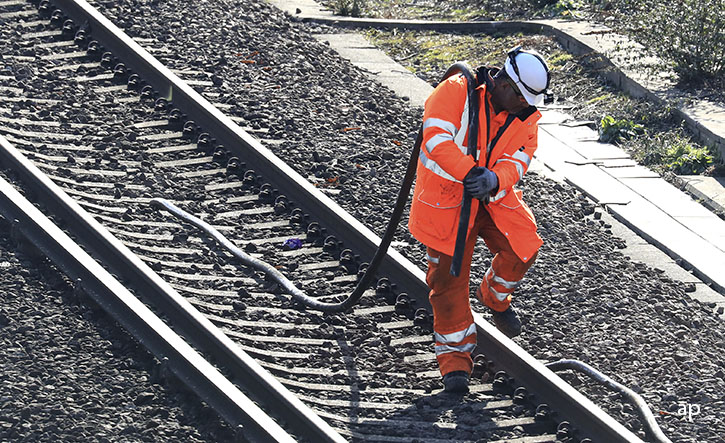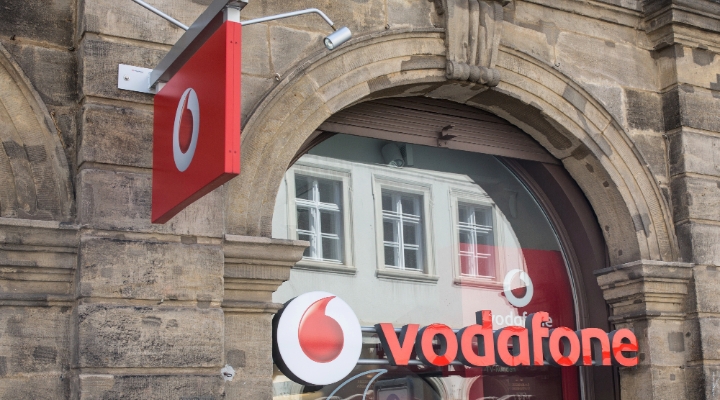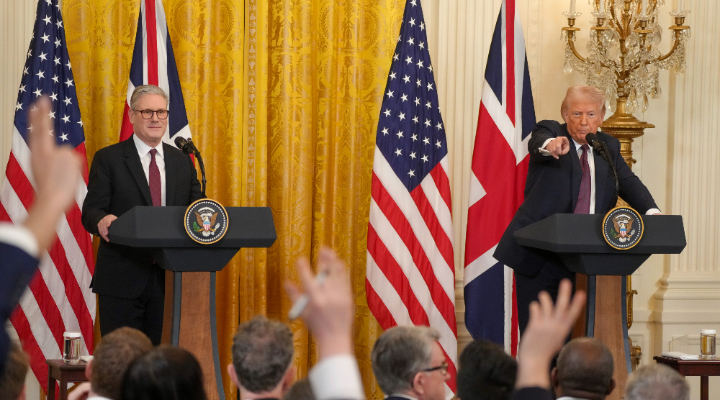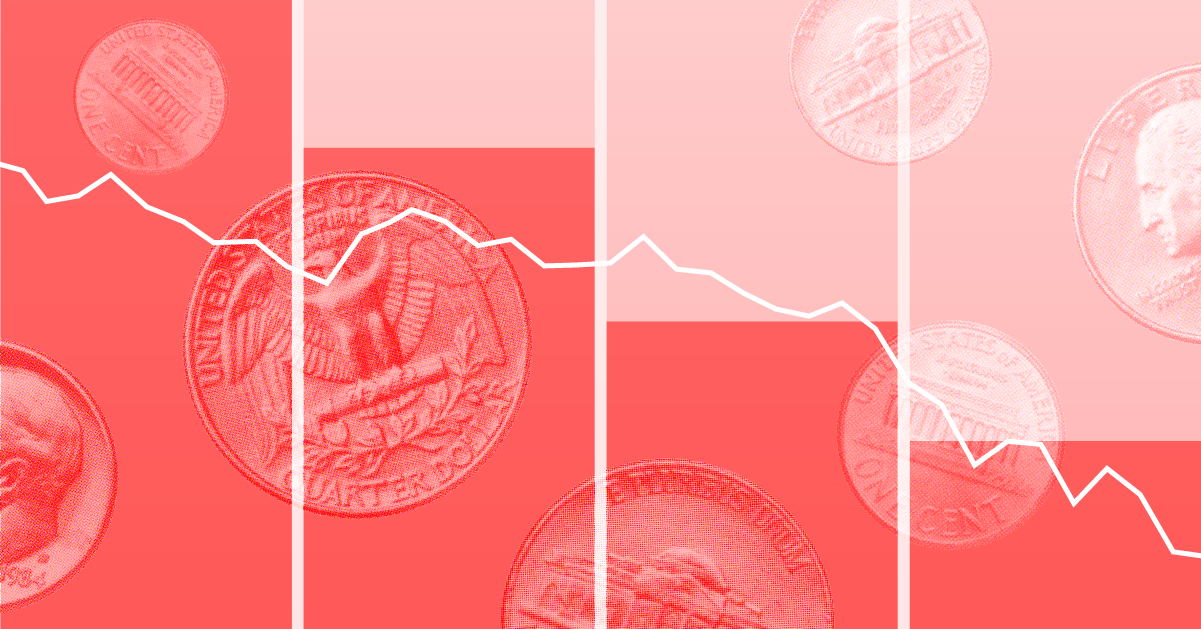
Running Scared
In what might be the highlight of 2022 already, Morningstar editor Ollie Smith was fortunate enough to speak to Russian expert Bill Browder this week. Since the invasion, we’ve been plagued by questions such as: why has Putin done this now, and what happens next? Browder is better placed than most to answer these tough questions. What’s clear is that now there’s no going back for Putin, having planted both feet into the criminal world with the February 24 assault on Ukraine. Rather than some sort of Stalinist overreach, Putin is motivated by fear of being unseated, and now has few options.
Narcissists are Poor Fund Managers
What is narcissism? This has been much discussed in the media this week. It includes things like an exaggerated sense of self-importance, a lack of empathy, and a constant need for attention (not that we’re pre-judging the Depp v Heard trial). In investing, though, narcissism manifests in riskier decision making and an inability to judge the probability of failure. They're not exactly top of the list of traits you’re looking for in a fund manager.
In fact, a new study from behavioural researchers at the University of Marburg in Germany found narcissists underperform and cost unitholders money. Narcissist fund managers underperform by an average of 1% annually, and are 34% more likely to deviate from their advertised investment style. Turns out the real world is not exactly like TV.
Is the Twitter Deal Musky?
Speaking of narcissists, instead of ending world hunger, Elon Musk will pay $44 billion to take over (and supposedly transform) Twitter (TWTR). It’s a landmark deal because Musk’s wealth is the bedrock of the financing, and the US regulator has revealed he sold $4 billion worth of Tesla stock after agreeing the buy. But it’s not the biggest ever take-private deal: check our visualisation of the biggest deals in the past 20 years.
It might not be as straightforward as we’ve first thought, though. In its Q1 results, Twitter revealed it has overstated audience figures for three years – and it “might” have overstated its user count by nine times. Plus, the SEC is not done with Musk’s 2018 tweets about taking Tesla private. We sit tight as we wait for the inevitable HBO miniseries.
A Long Road Ahead for Macron
The week started off with positive news for Emmanuel Macron who beat his right-wing rival Marine Le Pen to receive 58% of the vote in the French presidential election. We captured the market’s reactions to the win, which came as a relief for many, especially those looking to keep a strong relationship with the rest of Europe and the European Union. However, the path forward will not be easy. He still needs to secure a majority in the June parliamentary election to be able to launch reforms and pass laws. In the short term, the Euro and French bonds could benefit from the win, however, fund managers believe the fight against inflation could prove difficult, particularly if Macron acts on a Russian oil embargo.
Apples and Amazoranges
Back in the tech world, we’ve seen the FAANG stocks report vastly different results. While Apple (AAPL) had one of its best ever first quarters, Amazon (AMZN) fell short of Wall Street’s expectations. The company posted its slowest growth in two decades, at 7%. Sales did increase and were roughly on target, but with inflationary pressures, the stock fell 10% in after-hours trading. Despite solid results, Apple’s shares also dipped. In its announcement, it revealed that iPhone sales beat expectations (5% versus the expected 1%), and its services segment (iTunes and App Store) grew by 17%. However, the tech giant warned of a possible $8 billion hit from supply chain issues as Covid-19 resurges in China.
The Anatomy of a Market Scandal
Bill Hwang, the founder of Archegos Capital Management, was arrested this week and charged with 11 criminal counts, including market manipulation and securities fraud. Archegos was a family investment firm-cum-hedge fund, one which manages money on behalf of rich clients, that lost $20 billion in two days. The scandal has resonated because the collateral damage has been severe, with an impact on banks like Credit Suisse, UBS and Morgan Stanley, which lent Archegos money. What’s especially interesting is the how of the case: Archegos built up huge stakes in big companies like ViacomCBS using borrowed money. This was a hugely successful tactic up until the moment it wasn’t. This tale has gripped Wall Street because it lifts a veil on how the “big boys” operate in markets, what counts as manipulation and the power of leverage.
Christmas Gets Earlier Every Year
Without fail my mother will WhatsApp me around the summer solstice and ask “is it too early to discuss the C word?”. What she means is Christmas, of course, and by September it’s probably reasonable to start thinking ahead to the festive season. Companies have to start planning earlier than shoppers though. WH Smith has come out of the blocks super early and has started its Christmas planning already though. This year it is anxious about China’s lockdowns affecting already-strained supply chains. Other consumer-facing companies reporting this week have been intoning the mantra of "shortages and price rises" on loop. Those who can pass these increases on to customers will no doubt do so. For investors, though, these stocks have the much prized "pricing power". This shows that what is bad for shoppers isn't always necessarily so for shareholders.
Subs, Please Check Them
One consequence of the squeeze on disposable incomes is that people are having a long hard look at their finances. Changes in working patterns are also a factor as the return to the office means less time for TV. Stories abound of lockdown marathon boxset binges but journalists were far too busy to watch Squid Game or Succession in one sitting, surely?
Lloyds surveyed British consumers, who said they had already cut gym memberships and TV streaming services. It’s a tough time to be a provider of commercial television. Netflix’s problems were laid bare last week during its latest results, and the UK government is planning a big shake-up in public broadcasting that could drag streamers into Ofcom’s tractor beam. Perhaps the golden era of cheap and plentiful content is already over. Whatever you think about the effectiveness of British regulators, a combination of falling users and tighter regulation is usually an unwelcome one for investors.
Workers Unite (Remotely)
As well as reduced TV time, another blowback from pandemic is what could be politely described as a “redrawing of the power relationship between firms and employees”. To be blunt, many bosses want their staff back in the office, but many employees don’t want to give back their hard-won freedoms. This tug of war in a tight labour market means workers can be more bolshy about their work-life balance – and even quit if it isn’t to their liking. One company where this won’t be an issue is Airbnb, whose bosses said this week their talent pool has no “commuting radius”. "The best people live everywhere, not concentrated in one area,” Brian Chesky said. That's probably easier to say for a company that promotes flexible accommodation all over the world rather than air traffic controllers or heart surgeons. What I want to know is: will Airbnb staff work from Airbnb apartments?
Network Fail
This story from Network Rail serves to loosely tie up the themes of worker power, money and corporate messaging. An internal communication made by a HR executive there has caused uproar, triggering the usual union backlash and confirming prejudices in the right-wing press that state-backed bodies pay people too much for being on the executive gravy train. What did Network Rail’s director of communications for Wales and the West say that upset staff so much? Simply that those who missed out on pay rises this should have worked harder at school. It's hardly the upbeat "levelling-up" message the Treasury would like us to absorb. In the context of a pay freeze for frontline staff and job cuts, this corporate message was a nasty derailment. It joins a long list of "tin ear" commenters during the cost of living crisis. Past members include influencer Molly-Mae Hague and Bank of England Governor Andrew Bailey, both of whom would no doubt make quick work of a broken rail at 3am in the pouring rain while freight trains whizz past. We all have the same 24 hours in a day...





























